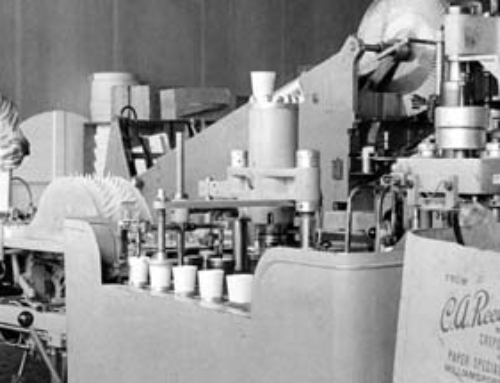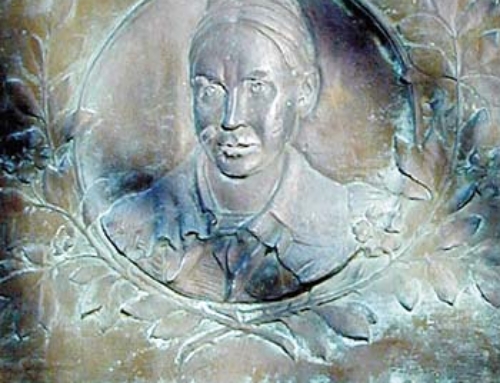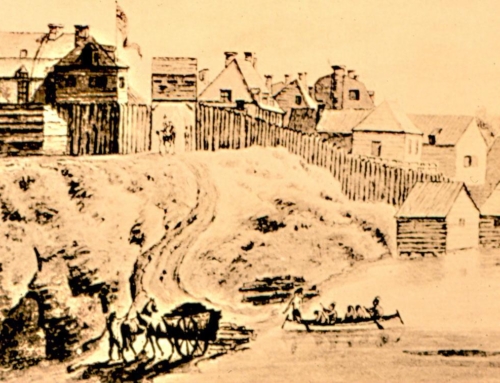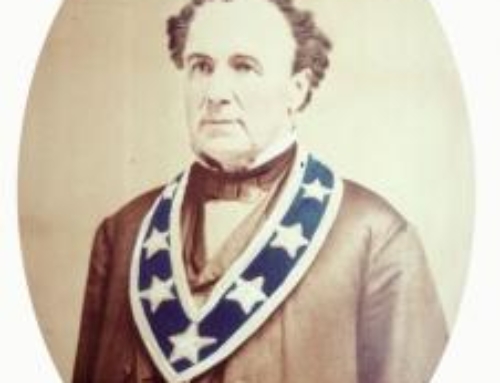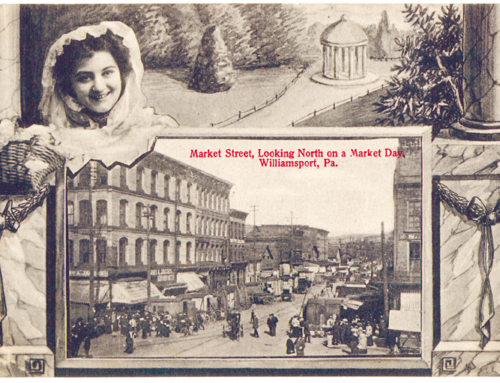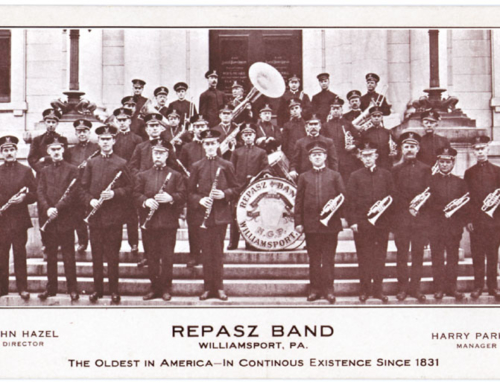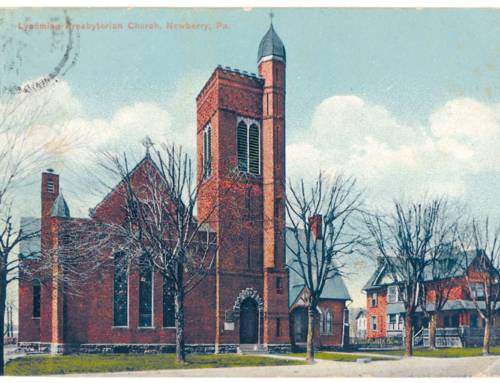Lycoming County, like other areas across the North, answered President Abraham Lincoln’s call for 75,000 troops to put down the rebellion by the Confederate states with great patriotic fervor. Within 12 days of the Confederates firing on Fort Sumter, Lycoming County mustered three companies consisting of 244 men for service to the Union.
Interestingly, the first Civil War-related Lycoming County casualties occurred four months before the actual commencement of hostilities. In January 1861, members of the Woodward Guards, an elite company of Lycoming County militia, were celebrating Major Robert Anderson’s successful evacuation of Fort Moultrie to Fort Sumter in Charleston Harbor. They celebrated by firing a salute with a 12-pound Napoleon cannon. Unfortunately, this celebration turned to tragedy when the cannon prematurely fired, killing and maiming two members of the “Guards.”
When the three Lycoming County companies departed from the Pine Street Railroad Depot, located near the corner of the present-day Pine Street and Little League Boulevard, all places of business in Williamsport closed down until the departure of the men. The people of Williamsport gave the departing soldiers a rapturous send-off. According to newspaper accounts of the time, the crowd exceeded any ever before seen in Williamsport. An article in the “Lycoming Gazette” reports, “Both of the Williamsport bands were out. At 8:30 the train moved out amid the cheers and tears of the entire people of the town. Ladies’ handkerchiefs and men’s hats waved everywhere.” John Meginness wrote in his “History of Lycoming County,” “When war came the enthusiasm of the people broke forth in flame. Monster meetings were held and the citizens demonstrated in the most unmistakable manner they were solid for the Union.”
Lycoming County’s women displayed great patriotism by organizing committees to feed soldiers who would be passing through Williamsport on their way to the great staging areas in Harrisburg and Washington, D.C. The Northern Central Railroad that passed through Williamsport was a major artery for transporting troops from the north and northwest, helping to highlight Lycoming County’s strategic location.
The women would place large numbers of portable tables in the downtown area nearest the train depots. These tables groaned under the weight of various foodstuffs that included cold meat, bread, buttermilk, various fresh vegetables and young onions, as well as lager beer and various distilled spirits. The women also formed Ladies Aid Societies and almost every church had a ladies’ auxiliary that contributed to the Union war effort by rolling bandages and knitting socks and other articles of clothing that were needed for the soldiers.
Not many women were used as nurses until later when the war dragged on. The idea of women ministering to the needs of men was too much for the Victorian sensibilities of the time. It was only after extensive lobbying efforts by women such as Clara Barton and Dorothea Dix that women were given the right to nurse the wounded and sick back to health. Additionally, the troop trains returned through Lycoming County with many wounded soldiers. Women of this area did their tender best to aid their brave soldiers in recovering from the ravages of war.
There are no exact figures for the number of Lycoming County men who served in the Civil War. The only figures that exist are those gathered when Williamsport was made a manpower depot for the Congressional District on May 12, 1863. This depot operated until April 14, 1865, and according to the numbers produced, Lycoming County furnished 2,481 men for service to the Union during the two-year period.
When Williamsport’s men went off to war, a Citizens’ Committee was established to assist in caring for the families of the fighting men. The committee passed a resolution to borrow bonds “for the purpose of caring for the families who have taken the field in defense of our government.” Williamsport landlords proclaimed a moratorium on the paying of rents while the renting families had men fighting in the field. The Lycoming Gazette reported, “Whenever a man quits an employment to go into his country’s service his employer will religiously hold the same place open for him until he comes home again.”
As it did in the rest of the country, the Civil War helped Williamsport and Lycoming County gain a greater sense of nationhood and helped the people become more aware of a larger world out there.
By Lou Hunsinger Jr., Williamsport Sun-Gazette



